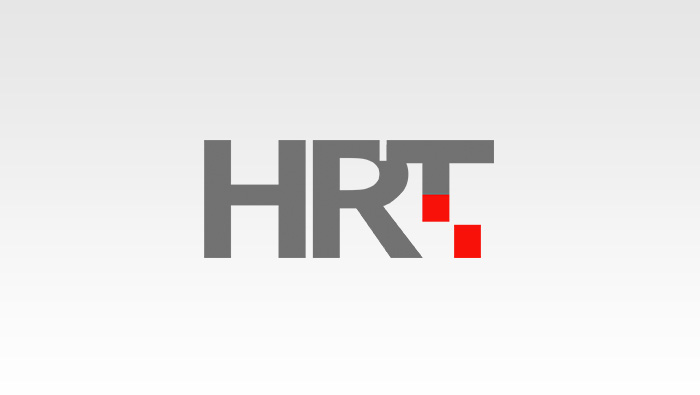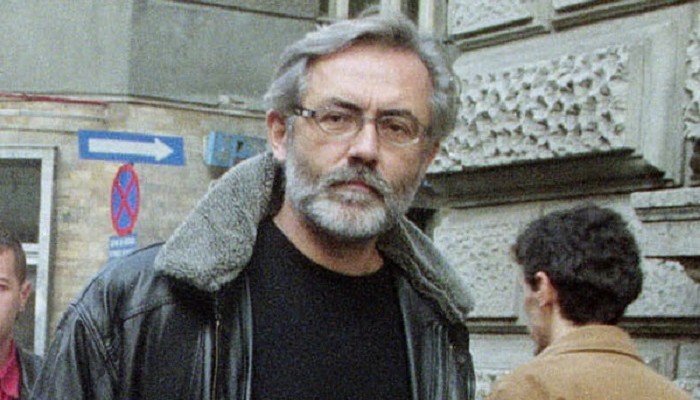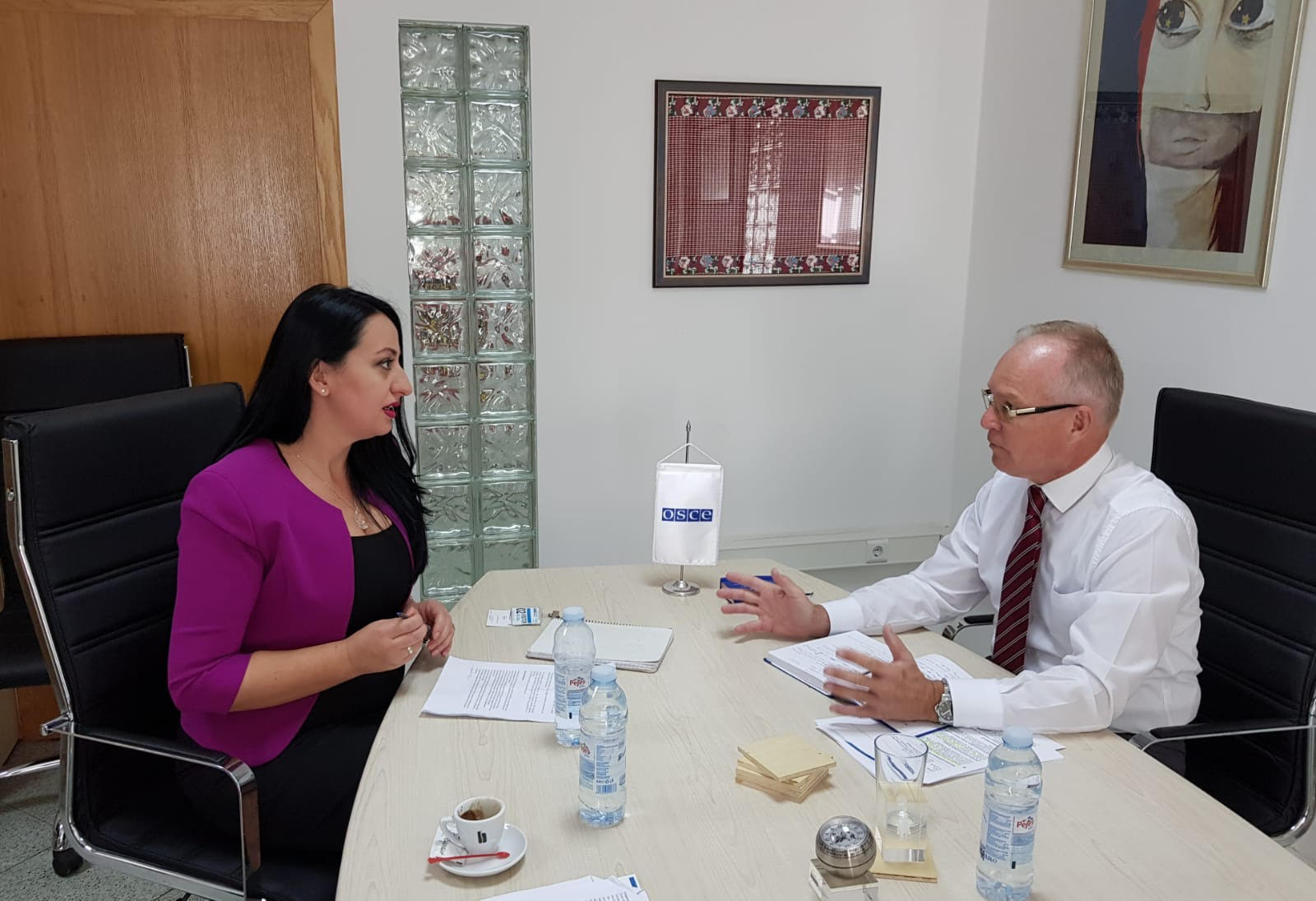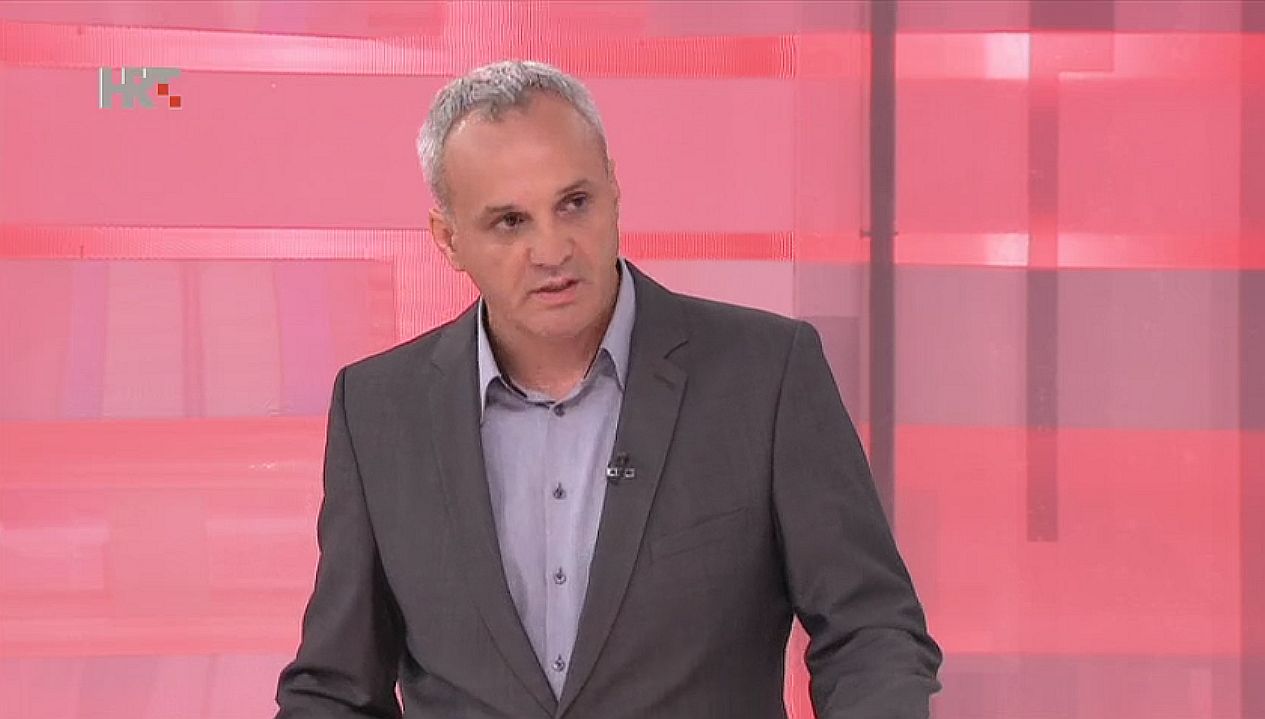SARAJEVO; 21.09.2018.- “State (country) provides criminals with the protection. This is a life – danger country”, claims Milanka Babic – Kovacevic, a female journalist working for “Direkt”, the city of Gacko local web site.
“I have reported threats directed against me at least 15 times and 30 times the threats were explicit. I have 5 cases undergoing court procedure at the moment”, stated Dragan Bursac, the journalist working for BUKA (local) website and Al Jazeera Balkans regional TV house.
“I experienced horrible things and there were many of them with state body officials confronting with me and including assaults by certain bullies, or I should say, local wannabe sheriffs”, Refik Vejsilagic, Federal Television cameraman recalls the images and situations he had gone through on the professional field.
“This state cannot impose sanctions against those who have been attacking and assaulting journalist and media staff, because it is the state that has actually been attacking and assaulting”, explained Avdo Avdic, Zurnal magazine journalist.
These sentences and statements best outline the present state and situation as far as journalism in Bosnia and Herzegovina is concerned and they particularly outline investigative reporting. Threats, insults, offenses, verbal and physical assaults, degrading and devaluing journalists display just some of many terms that journalists face on daily basis whilst performing their duties and during their daily work. Circumstances are even more extreme since you, a journalist, are often exposed to surrounding pressures imposed by the members of local community (or even members of your society in general), particularly if you are engaged as journalist in smaller communities, like the case of Milanka Babic – Kovacevic, a female journalist working for “Direkt”, the city of Gacko local web site.
Mrs. Babic – Kovacevic was recently verbally assaulted at the bank office in the city of Trebinje, because of the story she had previously released regarding the tragic traffic accident where three persons had lost their lives. This case has been subject to court proceedings for over a decade and its conclusion is nowhere near the end. “Mladjo Zelenovic, a person whose name has been listed on the international warrant list and also the person, who had also previously been convicted, verbally assaulted me at the bank office in Gacko. He was yelling at me in public and his body language clearly indicated his aggressive intentions as he openly threatened me shouting: ”I could kill you now”, Babic – Kovacevic recalls this accident.
This female journalist reported the entire case to official authorities, including Free Media Help Line, as part of the BH Journalists Association. She claimed that she was not frightened by threats coming from certain people, although she did feel uncomfortable though. She emphasized that insecurity and uncertainty in smaller communities, such as Gacko, is much greater than in other larger communities. Being a female journalist and doing investigative reporting, represents a great challenge by its own nature, if we take into consideration the fact that those imposing threats or assaulting female journalists are in most cases conservative and primitive people, because on one hand, they feel much more comfortable when they threat female journalists, rather than threatening male journalists on the other hand.
“I somehow believe that criminals completely lack any kind of honor as this is in contrast with the criminal mindset. They (criminals) are indeed cowards because they hit weaker parties and people are often inclinable, as far as the maltreating and bullying of weaker persons is concerned, and this is exactly how they (criminals) treat female population”, added this female journalist from Gacko.
Dragan Bursac, a journalist from Banjaluka city reckons that journalists are unaware of their rights and that reported cases of assaults on journalists represent only an iceberg peak in comparison with massive number of cases where journalists decided not to report assaults because they did not want to disturb peaceful atmosphere and working environment in media houses they worked for. He also believes that every journalist being assaulted must report the case to the Free Media Help Line and then additionally report it to official police authorities.
Dragan Bursac personally reported the most recent assault to official authorities in Banja Luka. “A person whose identity was well – known (and the person whose full name was also well – known) was threatening me several times and was accordingly processed. Police authorities managed to locate him since, surprisingly enough, he was not even attempting to hide from the public. This case was then submitted to the Prosecutor’s Office in Banja Luka and the proceedings have, ever since, been going on for about nine months. Consequently, he texted me recently (some seven days ago) and his message was: ”As you can see, neither court nor Prosecutors Office can do anything to me”, and I absolutely agreed with him on this, despite the fact that he had previously threatened to kill me”, emphasized Mr. Bursac.
Bursac claimed that journalists in BiH are considered as third rate citizens. It is humiliating that assaults on journalists are not legally considered and treated as assaults on official authorities, even though we have witnessed that cases with “plain civilians”’ have been processed much faster and more accurate, comparing to cases where journalists have been involved, that is, threatened or assaulted.
Avdo Avdic, Zurnal, info magazine investigative reporter has been facing threats and assaults for years because of his work. He believes only people (with no firm and solid political background or interest-based group) charged for assaults on journalists have been processed legally in the decent period of time. Last threats that Mr. Avdic faced were directed by the bodyguard of Gordana Tadic, a chief state prosecutor. “I experienced two assaults by the bodyguard of Gordana Tadic (a chief state prosecutor). The first time, it happened at Mrs. Tadic’s home in the town of Zivince and he did not threaten me directly then; instead, he warned me that I should not behave in “such way” and should not make records about chief prosecutor either.
The second time, it occurred in Prosecutor’s Office at the facilities of Court of BiH, when he approached me in the corridor and, in front of all the witnesses there, told me the following: ”Do you want to see what it looks like when I f…k?” Mr. Avdic reported the entire incident to Cantonal Prosecutor’s Office in Sarajevo. After six months, since the case had been legally reported, no one was prosecuted, despite the fact that there were witnesses and video surveillance that would surely confirm all allegations and claims filed in by Mr. Avdic. Although, according to Criminal Law provisions, specific investigations, cases or proceedings may last over six months period. Zurnal magazine journalist has been a target and subject to numerous assaults for over two decades of his work, and court proceedings were completed and terminated in two cases only.
“While working on the story about terrorism in Sandzak region, we had been threatened by Abid Podbicanin and Izudin Crnovrsanin. The Police arrested both of them after our call. Podbicanin later died while fighting in Syria as a member of ISIS terrorist and military group and Crnovrsanin was recently convicted for terrorism in Serbia and additionally sentenced to several-year prison punishment, upon his return from Syria as well. Another case included Sadik Bahtic, who at the time of this incident was an MP. Mr. Bahtic literally forced out Refik Vejsilagic, a Federal Television cameraman, from the Press Conference. He was later convicted for misdemeanor and was fined with miserable BAM 300.00 – 400.00 fine, concluded Mr. Avdic. If we take journalism through television, no story could be conducted without the work of cameramen. In cases of assaults and threats, purposely directed against journalists, cameramen have always been people left on the margins, since their work was minimized, including their great contribution to the entire reporting process.
Refik Vejsilagic has been a long time cameraman working for the Federal Television and his trade is also considered and defined as the 7th force. “TV Journalism is not one man story only; in fact, it’s a teamwork consisting of a driver, cameraman and myself. However, I would not go into these kinds of stories unless I had complete trust in people I have been working with. When you find yourself in a “nowhere land”, the only person you could rely on at that moment is your colleague and workmate. I have always worked with people that have never left me alone and abandon me”, said Mr. Vejsialgic. He added that he always wanted to show everything that has been happening on the field and around us, by using his camera lenses. He remembered the time when he was video recording for “60 minutes”’, a political TV magazine, and anthological scenes.
Assault on journalists team in the village of Gluha Bukovica, where this team was making a report on pedophilia affair in Islamic Association, was well – known to wide and general public, by the statement:” Do you want me to “go” through you”, because this threat was directed to FTV cameraman himself. “This was a story about the small and underdeveloped village, with uneducated and completely illiterate people living there. During these moments, adrenalin takes over and you find yourself thinking extremely fast. You seek the closest and shortest possible escape route. This incident was very rough. In this, very unpleasant situation, there was a man, who could have defeated me with a glance, and he was standing right in front of me. We were trapped in the house where this little girl, who had been sexually harassed, was living and this house was on top of the village. Who knows what would have happened if they came for us then. Special police arrived, later on, to evacuate us from this village”, Vejsilagic tells his story.
Currently and depending on a scope of assaults or threats on journalists, this kind of incident should legally be considered and treated as felony or misdemeanor. The state failed to establish a functional and legal framework that would provide protection for journalists from eventual assaults, that is, our state failed to pay particular attention to the protection of journalism as a professional occupation. Irisa Cevra, a female lawyer said that criminal laws and their provisions have not clearly defined types of assaults on journalists, as these legal provisions should have provided journalists with protection. Furthermore, she added that official authorities, particularly legislative and judiciary bodies must take larger – scope protection measures in order to provide protection for journalists from possible assaults. She reckoned that legal framework must be amended and accordingly, assaults on journalists must be clearly defined as the felony or criminal deeds and through the law on public peace and order, these assaults must be identified and recognized as a special type of criminal felony.
“This kind of recommendation was indicated in Special Report regarding the position and cases of threats and journalists in BiH, issued by the Institution of Human Rights Ombudsman/Ombudsmen of BiH in 2017 and it was supported by the OSCE Mission to BiH. This report was done in accordance with the international standards by the UN, OSCE, Council of Europe and European Union”, claimed Irisa Cevra, a female lawyer. High Judicial and Prosecutorial Council of Bosnia and Herzegovina failed to provide answers to the following question: How many assaults and threats have been reported from 2000 till present day and how many cases were concluded too. “The information on processing criminal felonies is taken from the System for automatic managing of cases in courts and prosecutor’s offices (CMS/TCMS) where the list of criminal felonies is in accordance with current criminal laws in Bosnia and Herzegovina.
Bearing in mind that current criminal laws in Bosnia and Herzegovina do not define that criminal felony which, by the nature of the threat or assault, may be executed exclusively against journalists during at the time when they perform their work duties. HJPC (original VSTV) of BiH is accordingly unable to withdraw such information and data from the CMS/TCMS system”, replied the HJPC officials.
The only statistical information regarding assaults and threats directed against journalists in BiH are available in publication “Indicators of the level of media freedoms and journalists’ safety” issued by the Association of BiH Journalists. Pursuant to this information and data provided, during the period between 2013 until 2016, there were 65 registered cases of verbal threats, 21 cases of physical assaults, seven cases of death threats, and 15 cases of mobbing and 35 cases of miscellaneous discrimination. During the period between 2013 and 2017, there were 217 cases of assaults on media houses, syndicates, work unions, Press Council and other online media houses.
Only 15% of cases had been investigated and resolved. According to information provided by Free Media Help Line, during the period between 2006 and 2016, there were 495 cases of threats or assaults on journalists.
“I do this because I like and enjoy doing this kind of work and I exceptionally respect this profession. I like people I work with as well and consider them as my family members. All my friends are directly related to the field of journalism. This is my life no matter what good I can get from it and I do not consider doing anything else in my life”, concluded Refik Vejsilagic, a Federal Television cameraman.
This text is a part of E-Bulletin–the second edition of the special serial of BHJ online bulletin implemented as part of the following project: Reinforcing Judicial Expertise on Freedom of Expression and the Media in South-East Europe (JUFREX).







